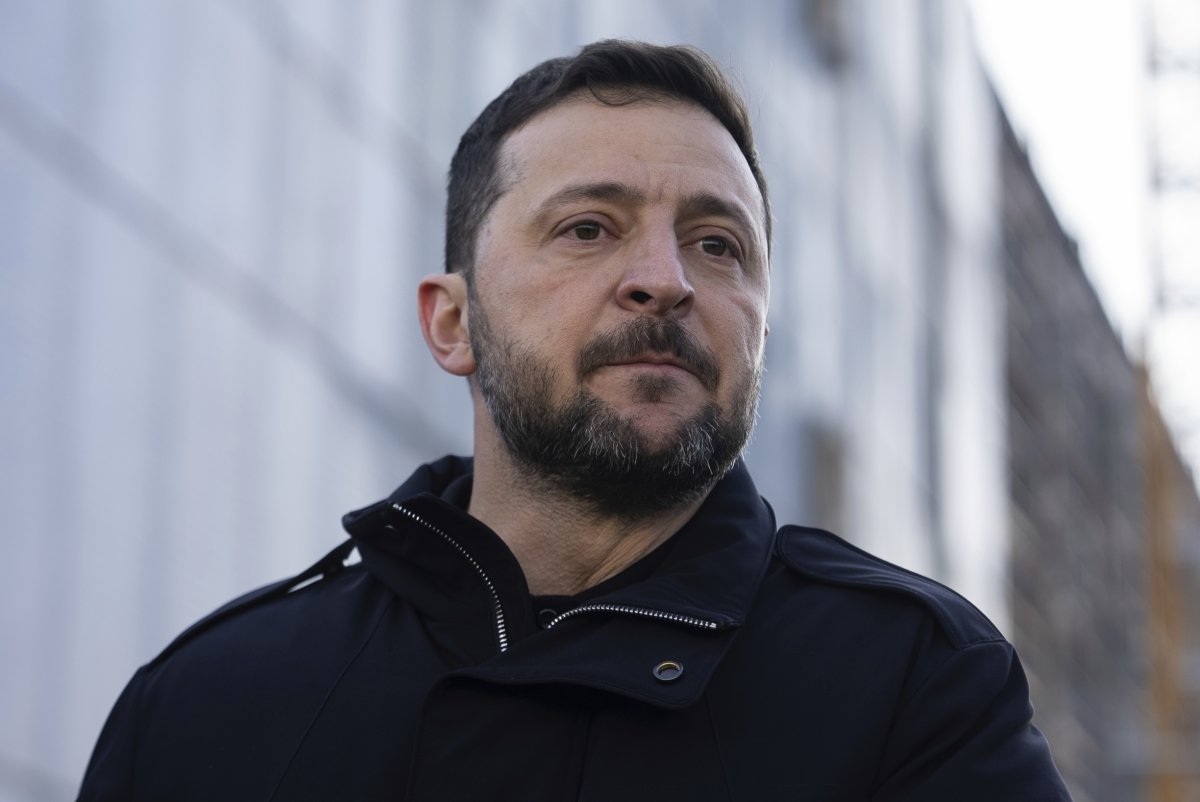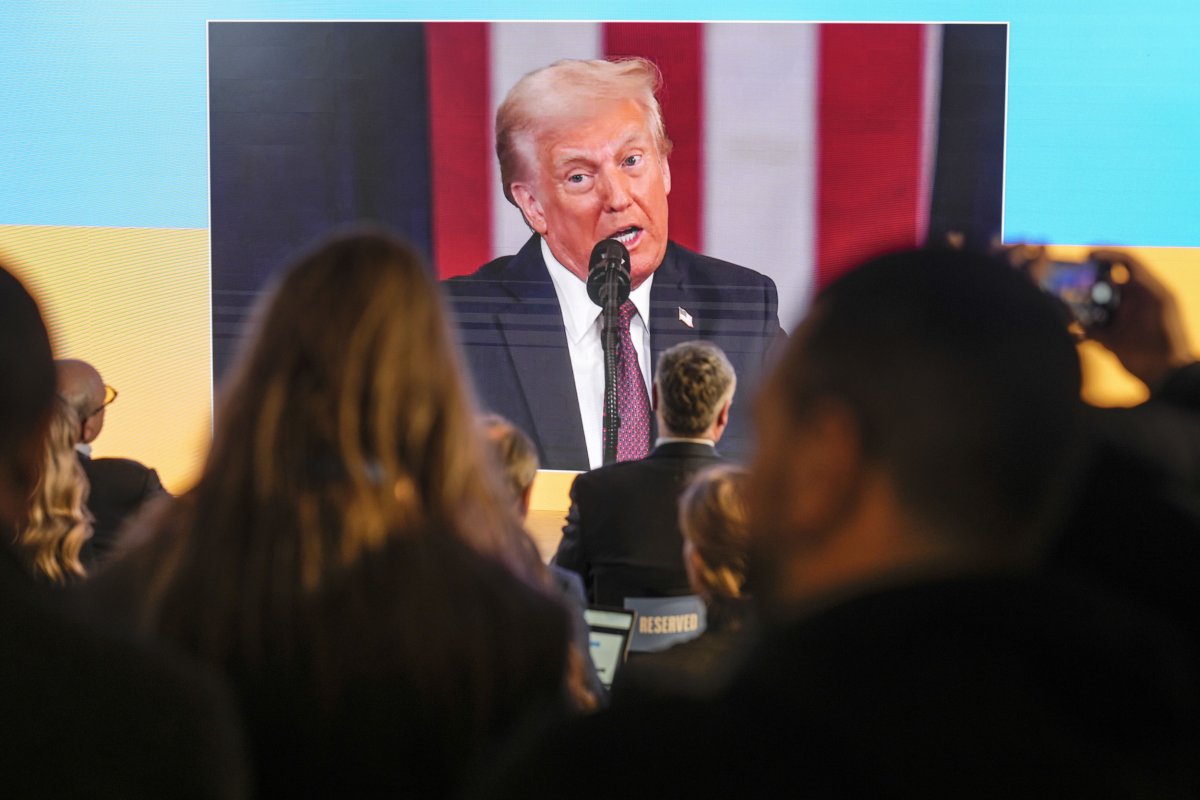Volodymyr Zelensky, the Ukrainian president has declined to accept a U.S. offer aimed at gaining access to rare earth minerals in Ukraine. This is because the country lacks explicit guarantees of its security during the current conflict.
It is important to understand the core issue
The proposal, reportedly presented by U.S. representatives during discussions in Kyiv, aimed to grant American companies a significant stake – potentially up to 50 percent – in Ukraine’s rare earth mineral deposits. According to the U.S., the agreement was a way for Ukraine “to compensate” the United States for its extensive military assistance in the past and the future. The U.S. framed the deal as a way for Ukraine to “compensate” for past and future military aid provided by the United States.
Key Details
The Associated Press reported that President Zelensky had refused to approve the agreement. He said it placed U.S. financial interests above Ukraine’s urgent needs for security. He stressed the need for provisions that would deter future Russian military aggression.
Zelensky said, “I refused to let ministers sign an agreement relevant because, in my opinion, it’s not ready for us, or our interests,” at the Munich Security Conference. Zelensky was reflecting concerns from the Ukrainian government.
This rejection is said to have caused friction between Kyiv, and Washington. Some White House officials are reported as describing Zelensky’s position, “shortsighted.” U.S. officials are said to be continuing their pursuit of Ukraine’s minerals, noting the strategic value of these materials to bolster U.S. economy and national security.

Rare Earth Minerals: What you need to know
Rare earth minerals (REMs) are 17 metallic elements essential for modern technologies such as advanced military technology and renewable energy. The raw materials are critical to the production of a wide range of devices, from computers and smartphones, to advanced guided missiles and wind turbines.
Rare earth elements, despite their name are not always scarce. It is difficult to extract these elements in economically feasible concentrations while also being environmentally friendly. China is the dominant refiner of these materials, with an important share of capacity.
Data from the U.S. Geological Survey shows that China has a significant portion of all rare earth deposits in the world, giving it a major influence on the global supply chain for rare earths.
Ukraine’s Ministry of Environmental Protection and Natural Resources reports that the country holds deposits for a number of materials identified by the European Union as critical to national security, such as graphite, uranium, lithium, and titanium. The Ministry of Environmental Protection and Natural Resources of Ukraine reports that Ukraine holds significant deposits of materials identified as crucial for national security by the European Union. This positions Kyiv to be a key player in the global supply chain of critical materials, especially as Western nations try to divert away from Chinese dominance.
U.S. interest in Ukrainian resources
It is vital to the U.S.’s national security that these resources are available and for reducing reliance on China.

In the U.S. strategy, ownership of rare-earth resources was exchanged for continued support. The proposition, according to reports, did not provide Ukraine with the concrete security measures necessary to defend it against future Russian aggression.
White House National Security Council members defended the idea, arguing that stronger economic ties between the United States and the White House would serve as the most effective safeguard against any future aggression.
Zelensky’s Rationale for Rejection
The proposal was rejected by President Zelensky’s administration primarily due to the lack of security guarantees that Ukrainian officials considered essential, given the war in Ukraine with Russia as well as the geopolitical vulnerability of their country.
Zelensky stressed the importance of a holistic approach, saying that “for me it is important to have a connection between security guarantees and investment”.
Unidentified senior Ukrainian officials described the agreement as exploitative, and that it failed to achieve broader strategic objectives. An anonymous Ukrainian official emphasised the need for Ukraine to have long-term stability in light of the ongoing military conflict with Russia.
Dmytro Kuleba (former Ukrainian Minister of Foreign Affairs) also raised concerns about this offer. Kuleba emphasized Kyiv’s current strategic partnership in the European Union regarding critical resources. He emphasized the importance of the resources to the European economy, and asked why they were diverted to the United States.
Global Control of Rare Earth Minerals
China is a leader in the production of rare earths. It controls a large percentage of the global refining capacities and has a significant share of known reserves. This makes it a market leader. Due to the concentration of refinery and reserves, there are significant vulnerabilities within the supply chain.
Australia is a rapidly growing producer with significant reserves, and it has been increasing its efforts to increase production. It positions itself as an alternative for Western economies.
While the United States does have some rare-earth deposits, they are heavily dependent upon imports for their processing. There are efforts underway to revitalize the domestic mining industry and to increase processing capacity to decrease dependence on foreign suppliers.
Russia has significant reserves of rare earth minerals. The invasion of Ukraine by Russia has caused concern about possible disruptions in the supply chains of Europe and America, further emphasizing their strategic importance.
Ukraine has also reportedly been unable to progress with its plans to build a domestic rare earth industry due to ongoing conflicts.
Canada has positioned itself to be a possible alternative supplier of rare earths as Western countries seek diversification and reduce their reliance on China. The supply chain could be strengthened by investing in Canadian processing and mining facilities.
Future Prospects
Negotiations on a revised deal are expected to continue between the U.S. government and Ukrainian officials. Zelensky reportedly instructed his team to create a counterproposal that included explicit security assurances, and offered the U.S. a carefully considered approach to their mineral deposits.
Ukraine has also been said to be ready to lobby for better terms aligned with their long-term interest. Zelensky stated that “we have to discuss it as an investment; it must be correctly formulated.” We can also think of how we will divide the profits. “But all this would have to be tied in with security guarantees.”
Ukraine’s rare-earth minerals are a valuable strategic resource and subject to geopolitical negotiations. The country is negotiating how best to balance economic investment against fundamental security issues in an unstable geopolitical environment.


